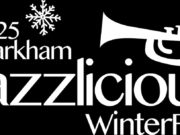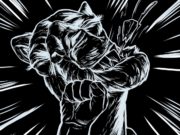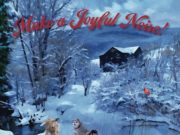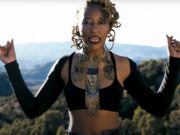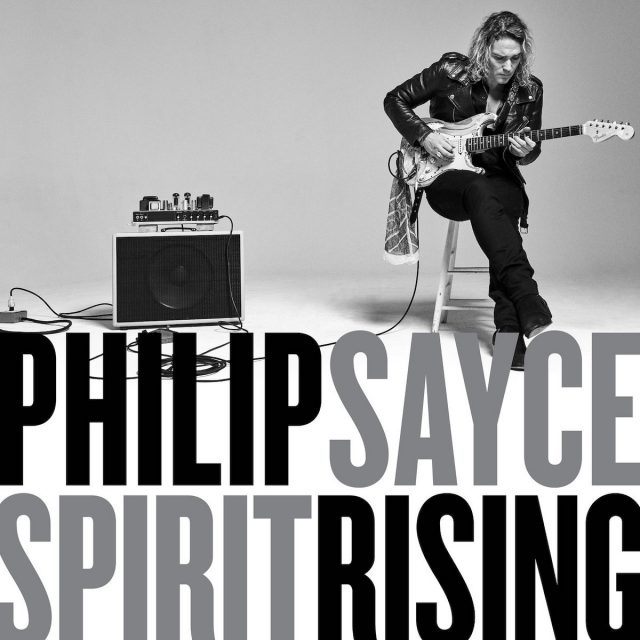Canada needs blues-rock guitar heroes too. And with Jeff Healey gone to that big jam in the sky and Big Sugar’s Gordie Johnson currently missing in action, Philip Sayce is ready, willing and more than qualified to take up the slack. Which is exactly what the Toronto-based gunslinger does on his latest album Spirit Rising, his first new studio release in five years. With a 13-track set list that balances fierce fretburning originals with covers of Lightnin’ Hopkins, Magic Sam and Sayce’s former employer and mentor Healey, Spirit Rising consistently supplies more than enough blistering blues-rock blowouts, hotwired Hendrix hippie jams and searing slow-burn soul stirrers to keep the air guitarist in your friendly neighbourhood man cave rocking out for the foreseeable future.
THE PRESS RELEASE: “Reports of rock and roll’s demise have been greatly exaggerated, and Philip Sayce aims to keep it that way. On his new album Spirit Rising, Sayce boldly lets his freak flag fly, reaffirming his status as one of the best electric guitarists on the planet right now, but also demonstrating that he’s got a lot to say. Those ideas have been building for a while now, as Spirit Rising marks Sayce’s first studio effort since 2015’s Influence, an album that found he and famed producer Dave Cobb brilliantly refurbishing a wide range of obscure rock nuggets. With Influence bringing Sayce to the attention of many new listeners, Spirit Rising shows the full breadth of his talents, and how much they have evolved. “Given some of the things that were happening in my life, which ended up inspiring many of the songs, I needed to take charge of this record. I knew from the beginning how I wanted it to sound, and if I ever got stuck, there were lots of people I could ask for advice.” In some ways, then, Spirit Rising lives up to its title in terms of embracing new beginnings, and knowing this, it was important for Sayce to start the process by returning to his roots in their rawest form. “To me, rock, blues, jazz and hip-hop all come from the same family tree,” Sayce says. “So I most often describe my sound as roots music because it contains influences from all of those elements. At the same time I want to take my sound in new directions that reflect who I am, where I am, and where I’m heading next. That was the most exciting part about making Spirit Rising. Getting to experiment with so many people from different creative backgrounds was a real thrill, and a privilege.”






